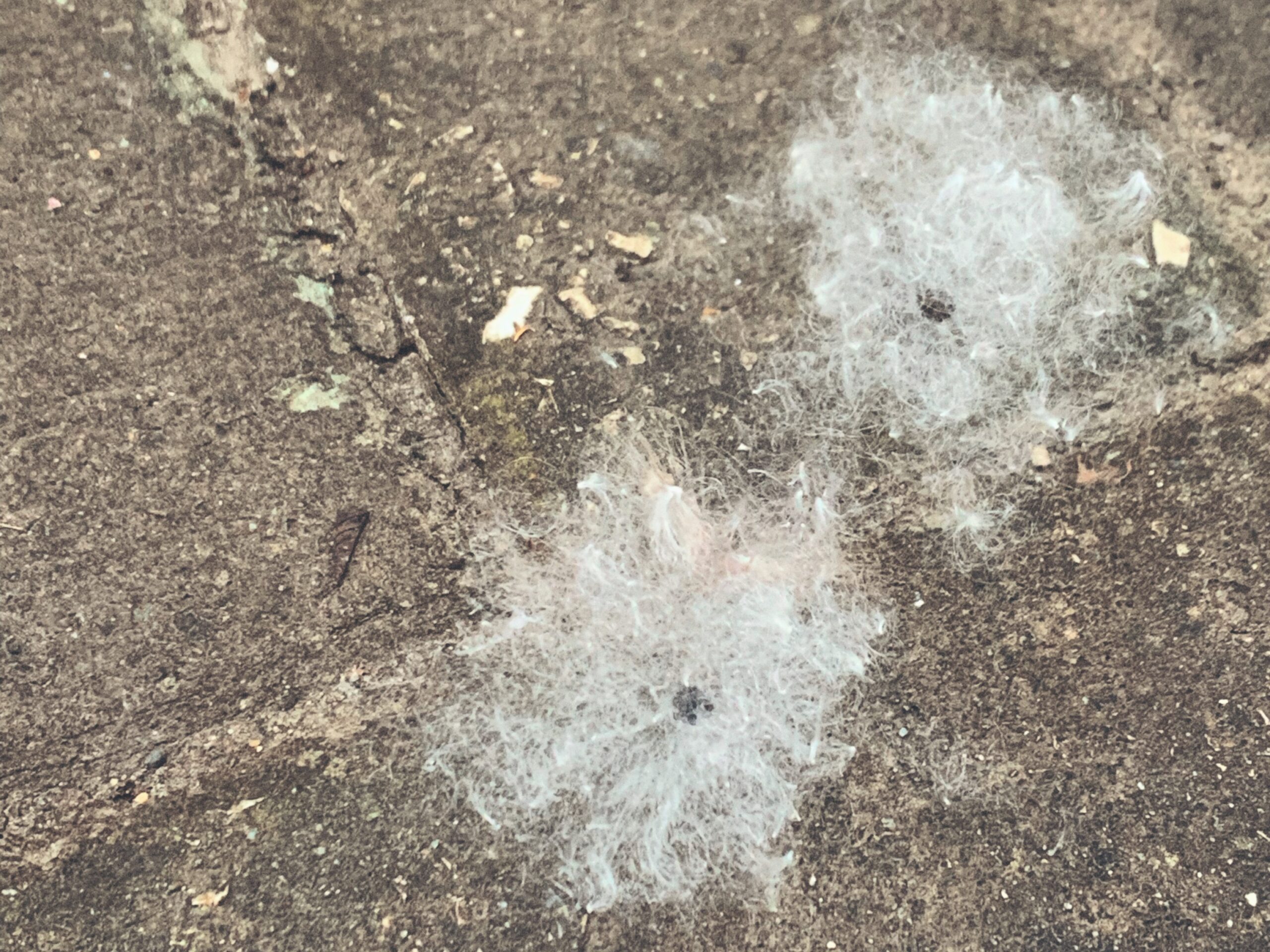A marketer asked me some questions if there is any reason for people to choose cotton or natural-based material because they come from nature and so can be biodegradable?
I felt it weird to answer these questions as I never felt cotton is sustainable. The main reason is that growing cotton, because cotton is usually cultivated in warmer areas needs to use a lot of water. It also consumes lots of pesticides and insecticides. These are why cotton is harmful to the environment—no need to say the welfare of captive labours from history till now.
Some people might say that we can use organic cotton. It reduces the impact on the earth by using less water, avoiding chemical and hazardous pesticides, and ensuring labour’s health.
It sounds perfect, doesn’t it?
In this case, let’s also talk about biodegradables. Compared to synthetic fibre, cotton could be biodegradable much faster, but it depends on the condition of the environment. I remember when I visited some exhibitions and saw clothing from a couple hundred or thousand years ago. There was no polyester or acrylic in that generation. Most garments were made from silk, cotton, animal fur or leather. They could be decomposed but still kept until now for us to review the style from old times.
On the other hand, some synthetic clothing may last longer and be more functional than cotton T-shirts. It is hard to say which is right or wrong when you need a water repellent coat to keep you warm when climbing mountains. I also disagree when some brands greenwash by adopting organic cotton on their products to avoid talking about other issues for the environment or human beings.
Eventually, she asked me, so what is the best solution for making a marketing strategy for sustainable fashion?
Just go with what feels right for you.
I said to her, well, there is no particular answer. As a vegan, you can choose to eat fish, eggs or only vegetables. The most important thing is what we want to change, then try our best to approach that destination.

發佈留言